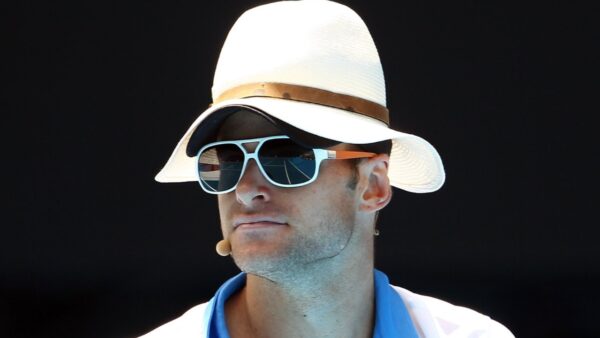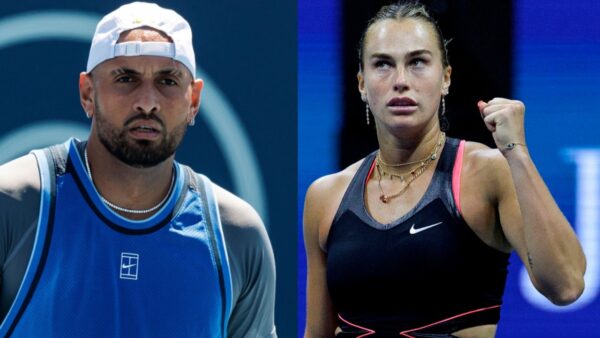The top 10 most controversial women’s tennis players of all time
Examining the scandals and controversies that defined the careers of some of the most controversial female tennis players in history.
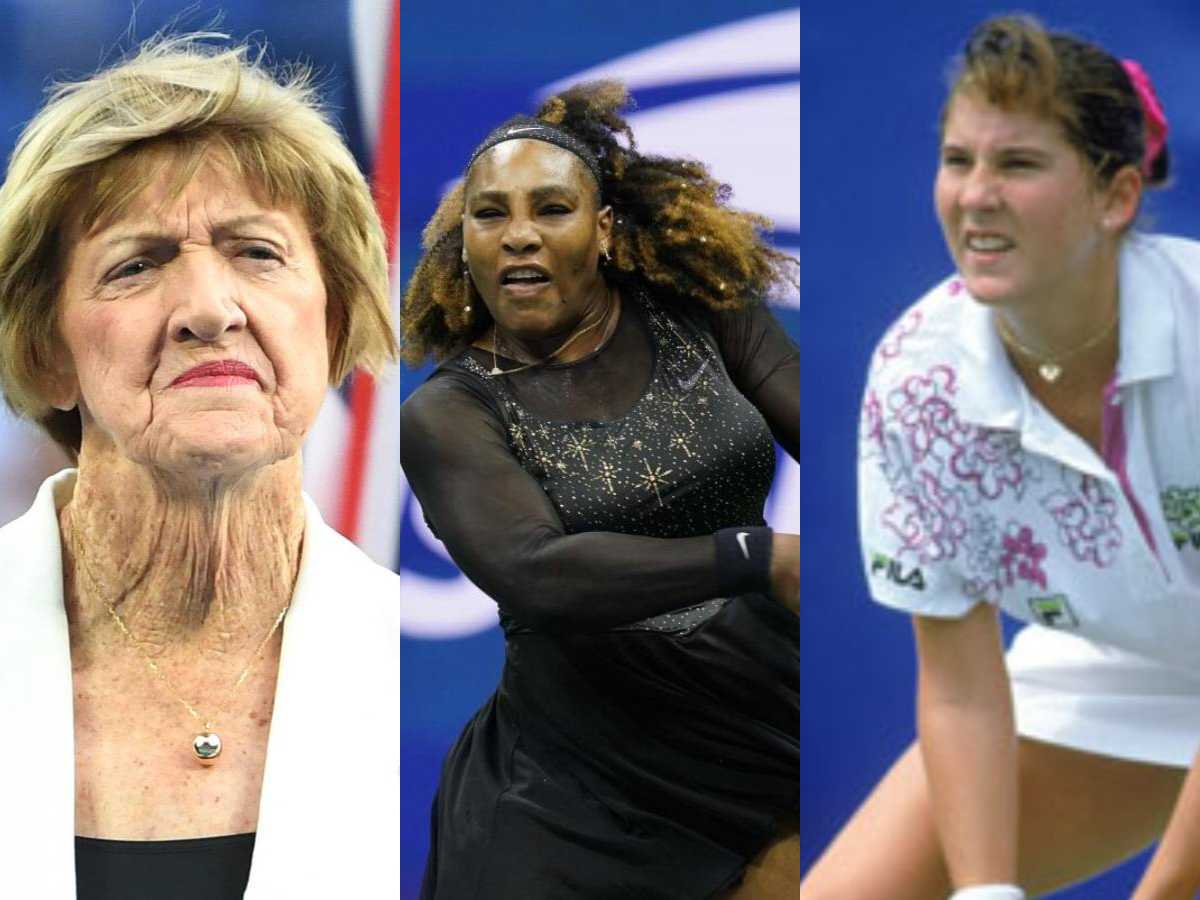
Margaret Court, Serena Williams and Monica Seles
🔍 Explore this post with:
Women’s tennis has been one of the most popular and celebrated sports in the world. From the legendary Billie Jean King to the current World No. 1 Iga Swiatek, female players have made a significant contribution to the growth and popularity of tennis. However, along with their achievements, many female tennis players have also been at the center of controversies throughout their careers.
These controversies have ranged from on-court behavior to off-court issues, including drug use, personal relationships, and comments on social and political issues. In this article, we will take a look at ten of the most controversial female tennis players of all time, examining the incidents that have caused controversy and the impact they have had on the players’ careers and legacies.
Continue reading: Matteo Berrettini’s girlfriend Melissa Satta BASHES ‘keyboard lions’ following vicious online bullying and sexist remarks
The top 10 most controversial women’s tennis players of all time
Margaret Court
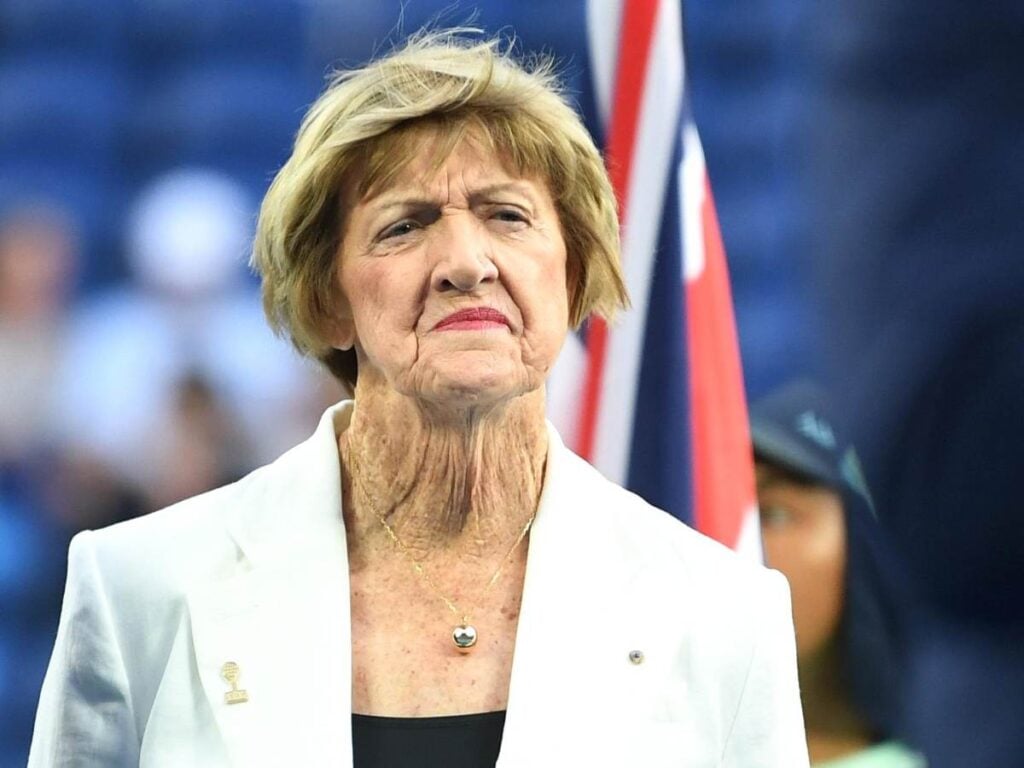
Margaret Court is one of the greatest tennis players of all time, having won a record 24 Grand Slam singles titles. However, her controversial views on same-sex marriage and LGBTQ rights have caused widespread criticism and led to calls for her name to be removed from the Margaret Court Arena in Melbourne.
In addition to her views on social issues, Court has also been criticized for her confrontational behavior on the court, including her infamous 1973 “Mother’s Day Massacre” against Billie Jean King.
Serena Williams
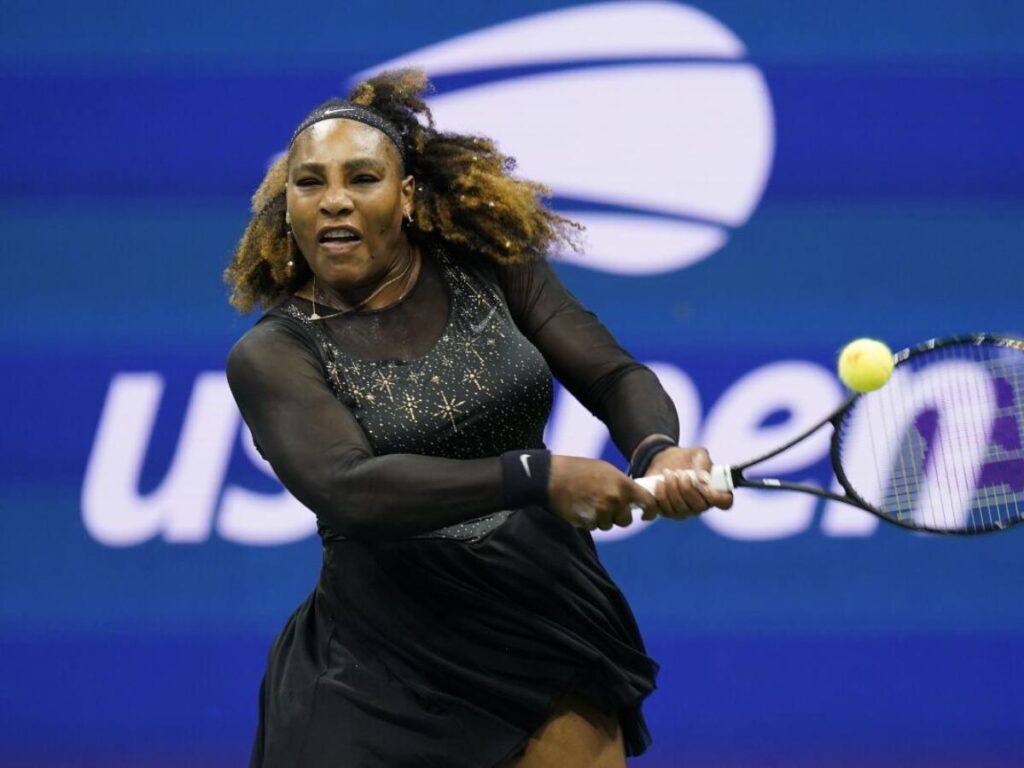
Serena Williams is undoubtedly one of the greatest players to ever pick up a tennis racket. However, her outbursts on the court have often landed her in hot water with officials and opponents. In the 2018 US Open final, Williams was involved in a heated argument with umpire Carlos Ramos, leading to a game penalty and accusations of sexism.
Williams has also been accused of intimidating opponents, such as in her controversial 2009 US Open semifinal against Kim Clijsters, where she was penalized for verbally abusing a lineswoman.
Maria Sharapova
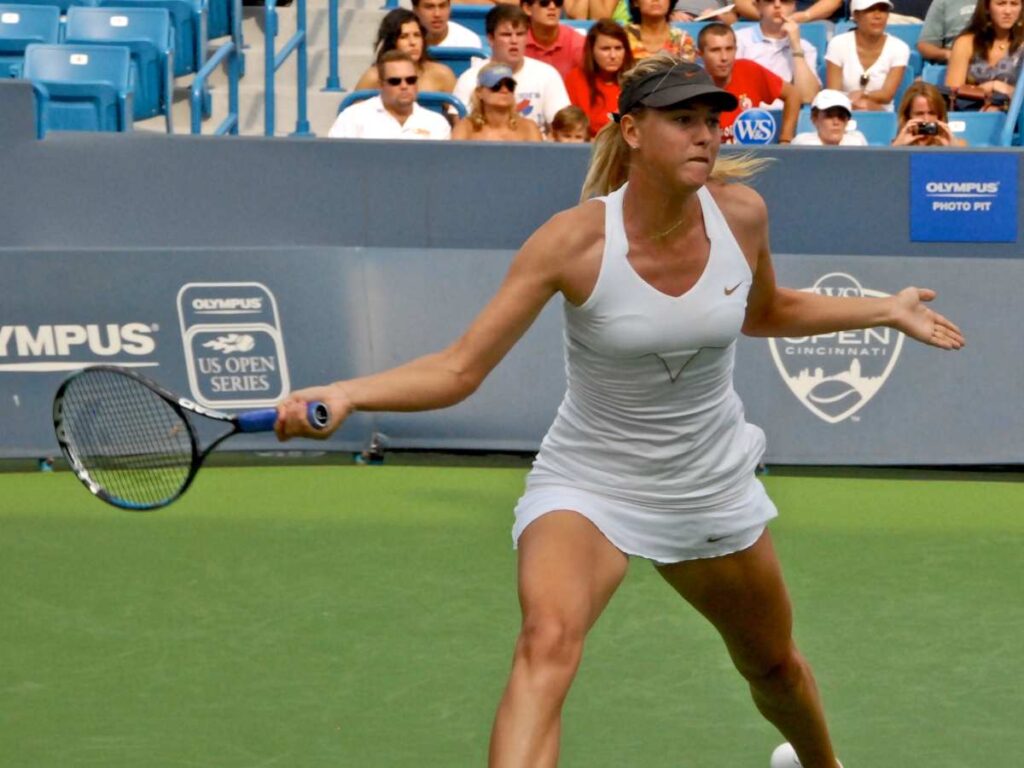
Maria Sharapova was one of the most dominant players in the early 2000s, winning five Grand Slam singles titles. However, her positive drug test at the 2016 Australian Open led to a 15-month suspension and sparked controversy over the use of performance-enhancing drugs in tennis.
Sharapova’s image was further damaged by her admission that she had been taking the banned substance meldonium for several years, despite the fact that it had been added to the WADA’s prohibited list in 2015.
Martina Hingis
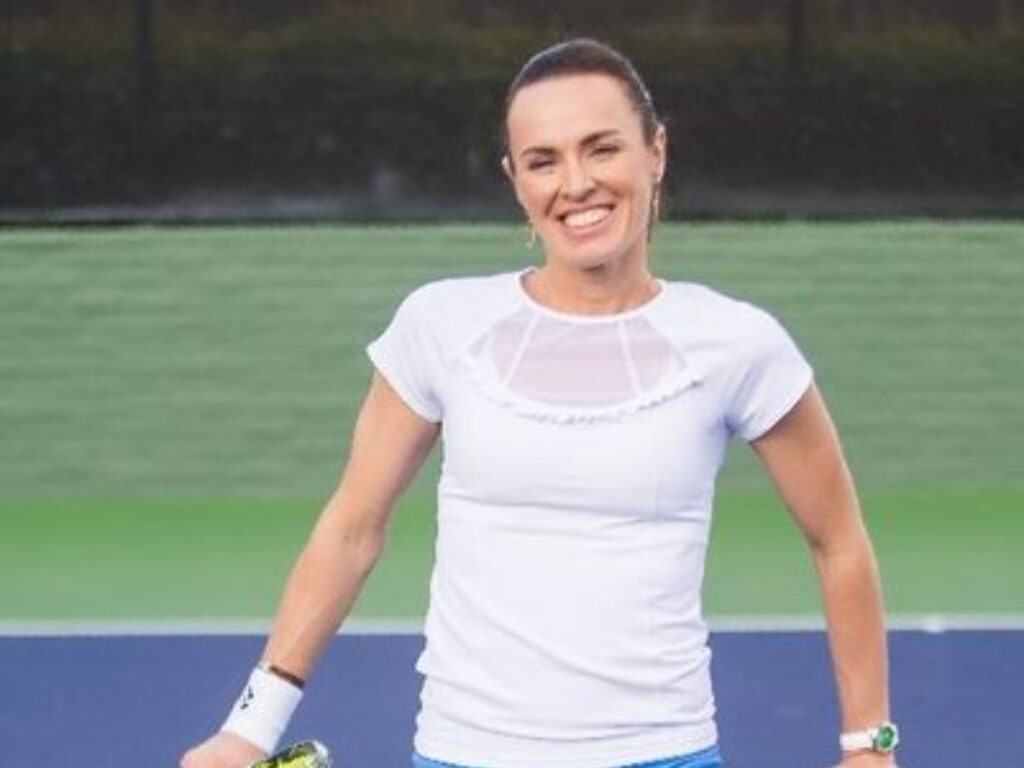
Martina Hingis was a prodigy who burst onto the scene in the 1990s, winning her first Grand Slam title at the age of 16. However, her career was marred by controversies, including a two-year ban for testing positive for cocaine in 2007. Hingis was also involved in a high-profile feud with Lindsay Davenport, which began when Davenport accused Hingis of faking injuries to gain a competitive advantage.
Monica Seles
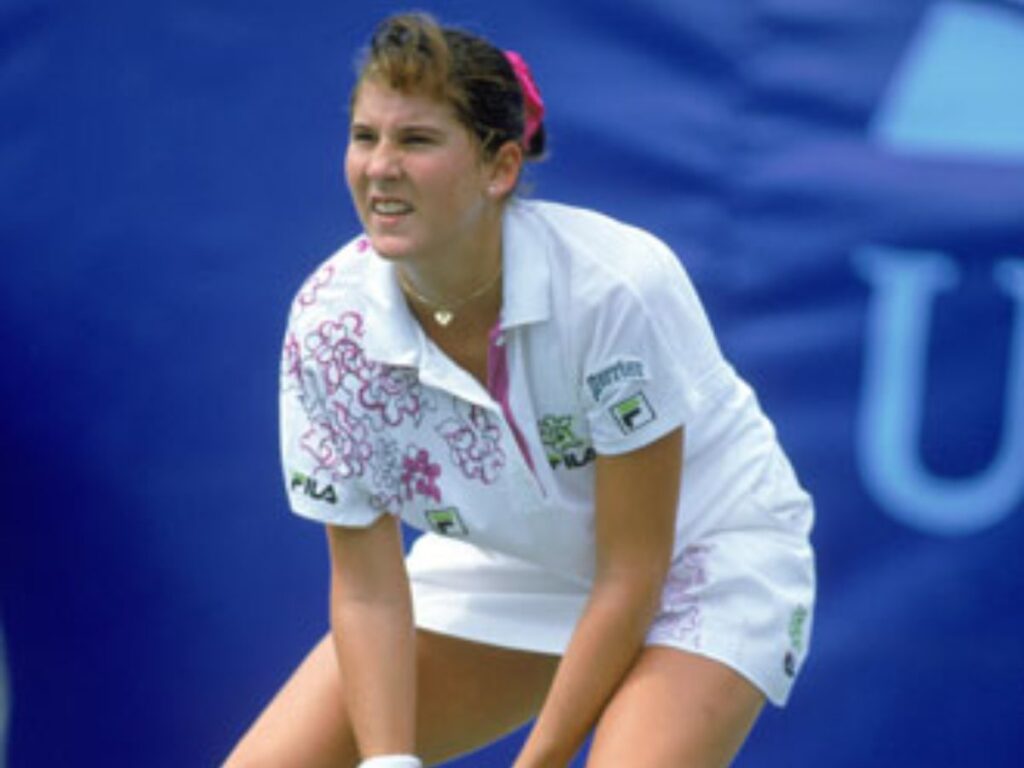
Monica Seles was a dominant force in the early 1990s, winning eight Grand Slam singles titles before her career was derailed by a stabbing incident in 1993. However, her controversial comeback in 1995, during which she played with a grunt that some opponents found distracting, sparked a heated debate about the ethics of grunting in tennis.
Seles was also criticized for her confrontational behavior on the court, including her infamous 1992 French Open final against Steffi Graf, where she accused the umpire of bias.
Naomi Osaka
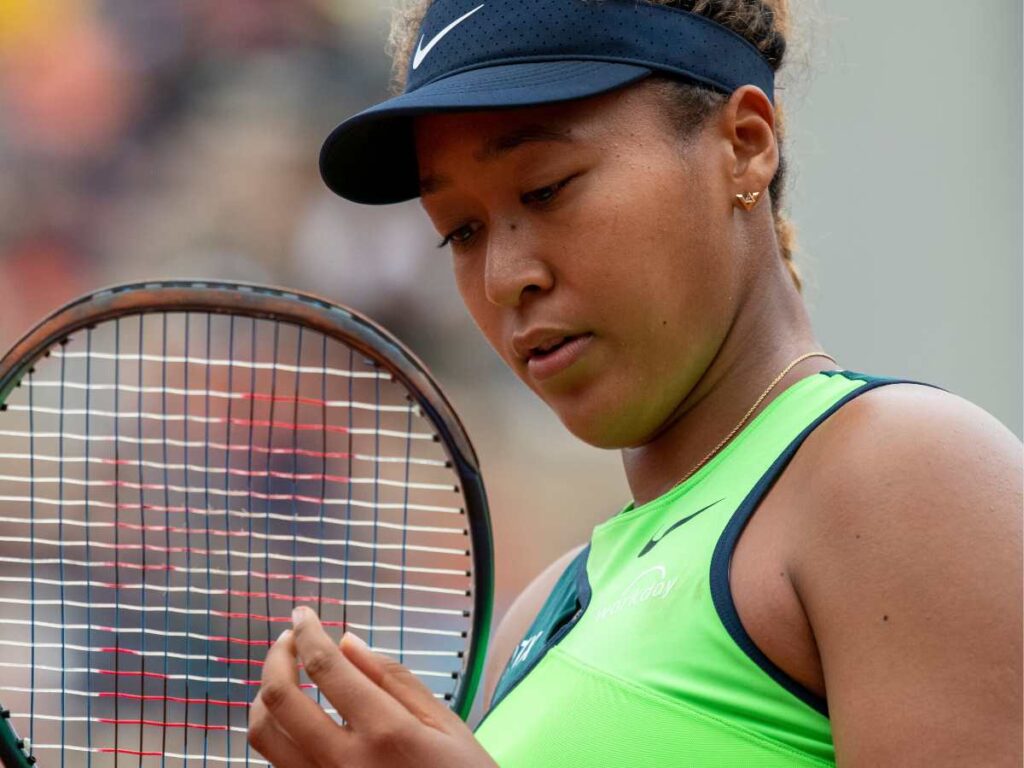
Naomi Osaka is one of the most talented players on the women’s tour, having won four Grand Slam singles titles at the age of 25. However, her withdrawal from the 2021 French Open over mental health concerns and subsequent decision to boycott media events at Wimbledon and the US Open drew both support and criticism.
While some praised Osaka for bringing attention to mental health issues in sports, others argued that her refusal to fulfill media obligations was a breach of her contractual obligations and disrespectful to the sport.
Jennifer Capriati
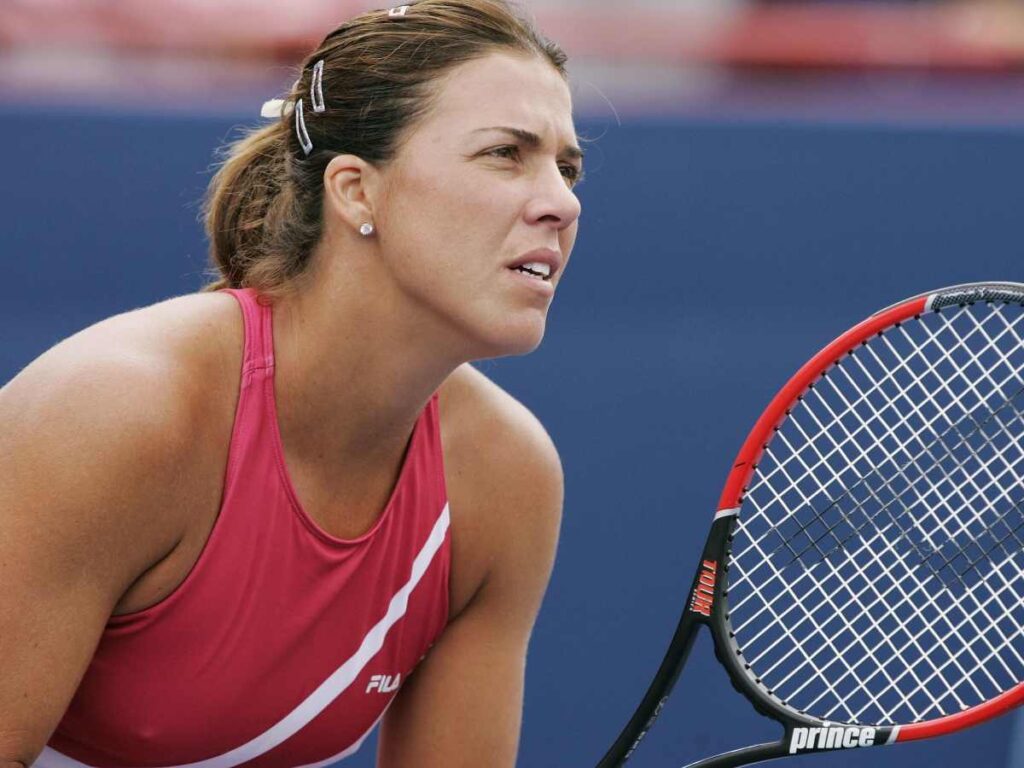
Jennifer Capriati was a prodigious talent who won three Grand Slam singles titles before her 21st birthday. However, her off-court troubles, including drug use and an arrest for shoplifting, cast a shadow over her career. Capriati’s struggles with depression and other personal issues also led to controversies on the court, including a heated argument with an umpire at the 1991 US Open.
Jelena Dokic
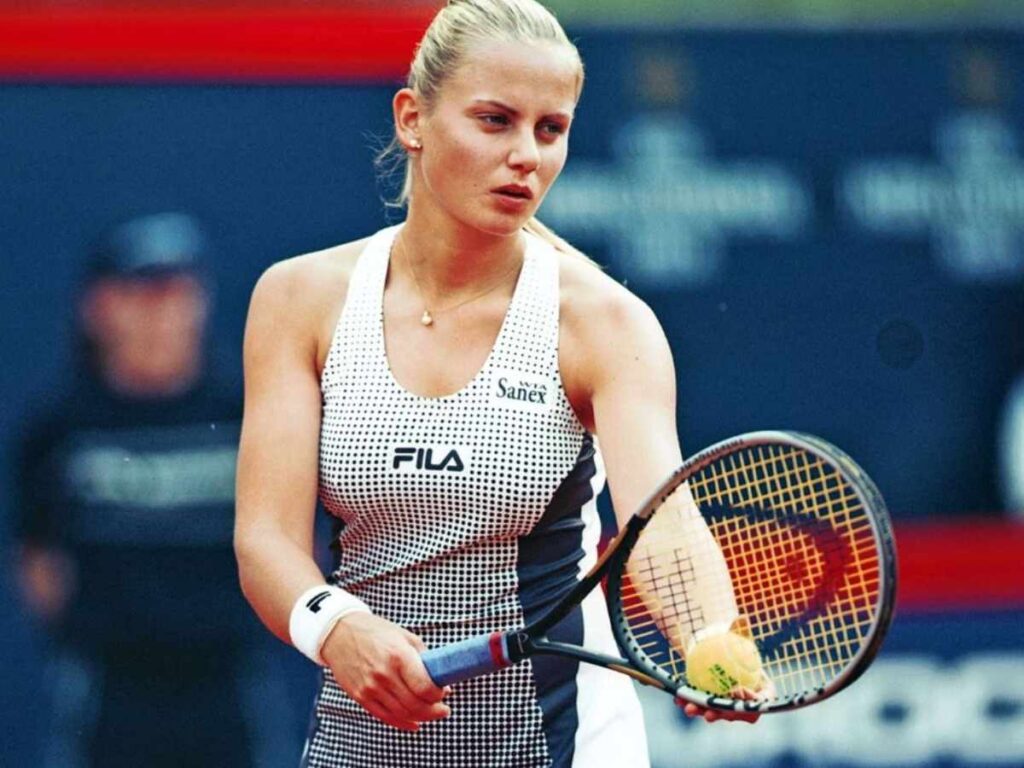
Jelena Dokic was a promising player who reached the quarterfinals of Wimbledon at the age of 16. However, her relationship with her abusive father and coach, Damir Dokic, drew significant media attention and controversy. In her 2001 autobiography, Dokic revealed that she had suffered physical and emotional abuse at the hands of her father, which had a significant impact on her mental health and career.
Her father’s behavior on the court, including shouting at officials and players, also drew criticism and led to his ban from attending WTA events.
Caroline Wozniacki
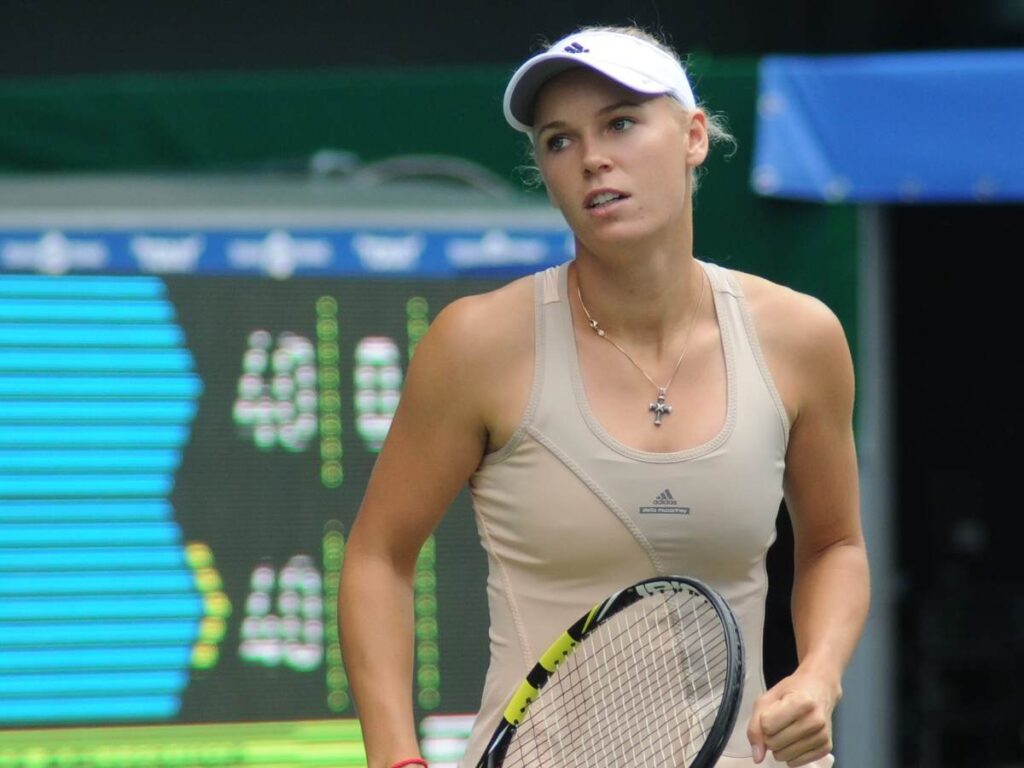
Caroline Wozniacki was known for her defensive style of play and reached the world’s No. 1 ranking in 2010. However, her controversial remarks about Serena Williams in a 2012 exhibition match drew widespread criticism. During the match, Wozniacki imitated Williams by stuffing her bra and shorts with towels to exaggerate her curves, sparking accusations of racism and body shaming. Wozniacki later apologized for her actions and emphasized that they were meant in jest.
Eugenie Bouchard
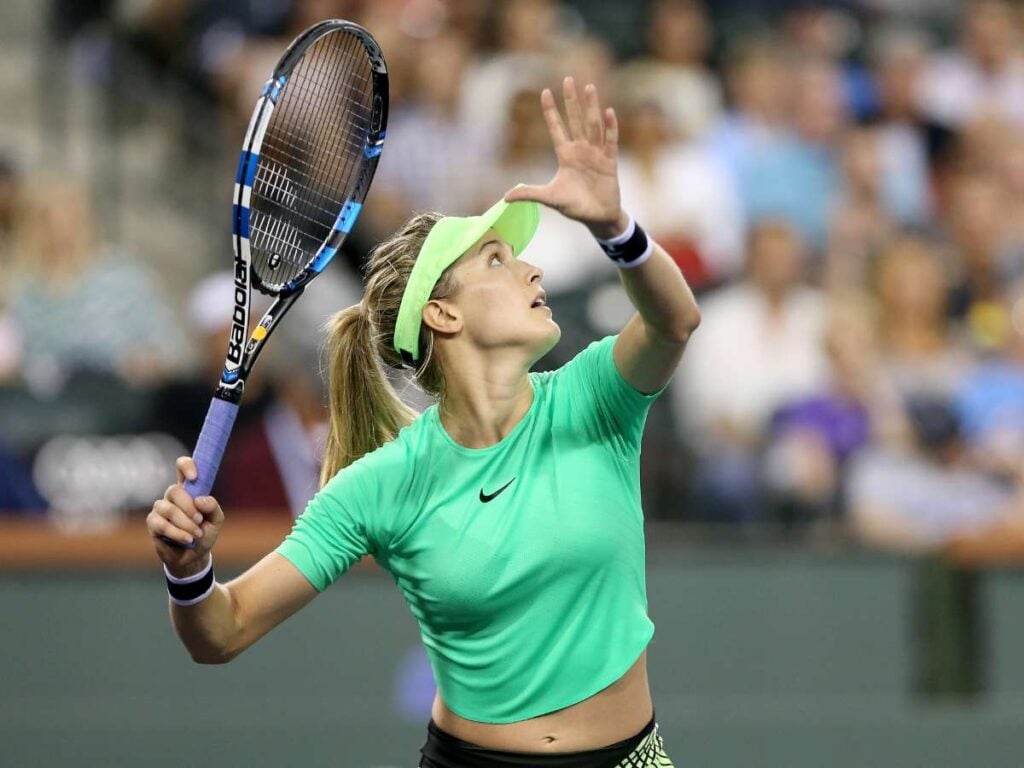
Eugenie Bouchard was a rising star in the tennis world, reaching the Wimbledon final in 2014 and the semifinals of the Australian Open and French Open in 2015. However, her off-court controversies, including a lawsuit against the US Tennis Association over a head injury sustained during the 2015 US Open and a social media controversy over a date with a fan, drew negative attention. Bouchard’s form on the court also declined significantly after her breakthrough year, leading to questions about her potential and dedication to the sport.
In case you missed it:
- Serena Williams revisits her NEAR DEATH experience while birthing daughter Olympia, on Black Maternal Health week
- WATCH: Marta Kostyuk sobs during Ukrainian national anthem at the BJK Cup

